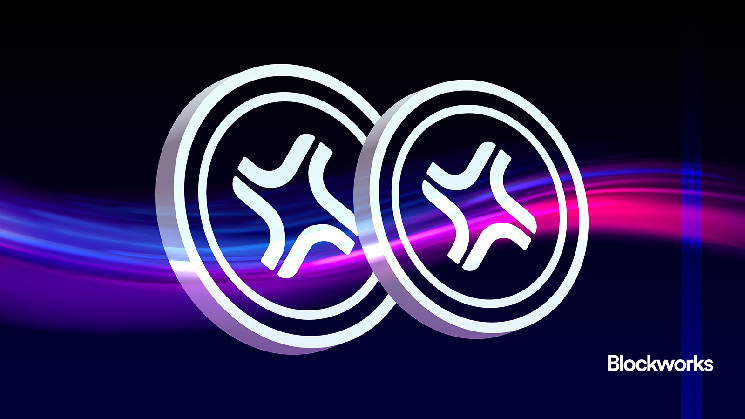Solana’s biggest liquid staking project is taking the plunge into restaking.
Earlier today, the Jito Foundation announced in a blog post that it had released the code for Jito restaking. This move places the Jito Foundation ahead in the race to build restaking on Solana, as the network’s fast and low-cost DeFi ecosystem continues to expand.
Restaking refers to using staked crypto to secure other blockchain apps and services, theoretically extending the security of the blockchain’s base layer. In theory, this should put unproductive staked assets to use and make proof-of-stake systems more efficient.
Eigen Labs pioneered the concept on Ethereum with EigenLayer, which has drawn billions in deposits on top of a $100 million investment from a16z.
Restaking is yet to go live on Solana, though Jito releasing its codebase represents a noteworthy step forward. One major competitor is Solayer, which has drawn significant interest during the brief periods where it has accepted deposits. Solayer’s GitHub doesn’t contain code for its restaking product.
Jito’s restaking pivot pairs one of the Solana ecosystem’s most notable pillars with one of crypto’s buzziest narratives. Jito runs a fork of the original Solana Labs validator client with some modifications to allow for maximal extractible value (MEV). This MEV can be quite lucrative for validators running the Jito-Solana client. Earlier today, one validator earned a $311,000 tip on a transaction, Jito co-founder Lucas Bruder said on X.
Users who stake their Solana tokens with Jito’s liquid staking pool can receive liquid JitoSOL. This pool is the network’s largest by a wide margin, and JitoSOL can be used elsewhere in DeFi while also earning staking and MEV rewards. Since launching in November 2022, JitoSOL has become Solana’s dominant liquid staking token, comprising roughly 45% of all liquid staking tokens on the network. (Of note, only about 6% of all staked SOL is held in liquid staking tokens.)
Jito’s restaking product, as detailed in a Thursday blog post, uses similar nomenclature to EigenLayer. Node operators can enable stakers to restake their assets, which are used to secure actively validated services (AVSs). Nodes that misbehave can be slashed.
One notable difference is that Jito Restaking can accept any token using the Solana SPL token standard, whereas EigenLayer only takes EIGEN and staked or liquid staked ether.
 blockworks.co
blockworks.co
